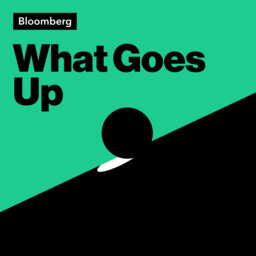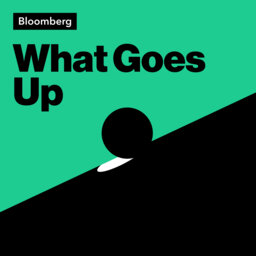AlphaSimplex on Embracing the 'Uncomfortable'
The rare bright spots for investing last year were those strategies that follow trends in markets rather than fundamentals. This successful approach included the AlphaSimplex Managed Futures Strategy Fund, which returned more than 32% for the year. Kathryn Kaminski, chief research strategist and portfolio manager at AlphaSimplex Group, joined the What Goes Up podcast to discuss her firm’s strategies, and what she’s expecting in 2023.
“We do really well when there’s massive trends, when there’s dislocation, when things are uncomfortable,” she says. “And last year was definitely uncomfortable, particularly fixed income.”
One development she expects may make investors uncomfortable this year is the likelihood that inflation bottoms out at around 4%, rather than the Federal Reserve’s target of 2%. At that point, Kaminski says, “the Fed either has to say, ‘well, we’re no longer going to try’ or ‘we’re going to have to keep trying.’ And people are not going to like that either. So I think that that’s the challenge.”
 What Goes Up
What Goes Up


